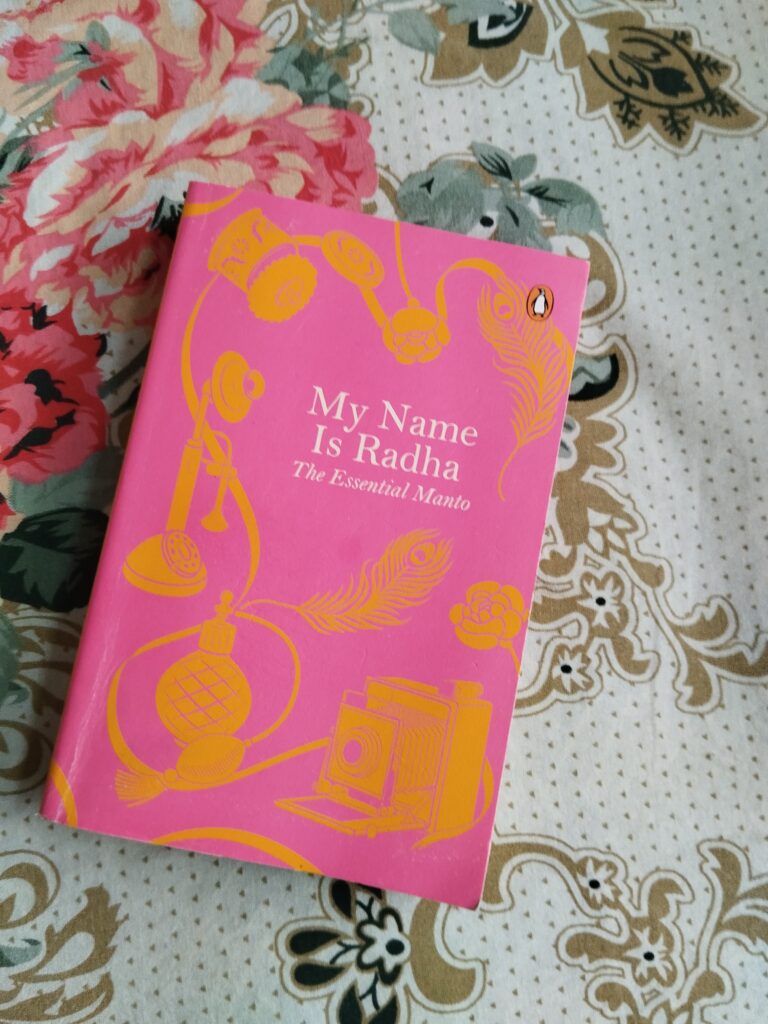Translated from the Urdu by Muhammad Umar Memon
Penguin Books 2015
Not for the Squeamish
By K.S.Loganathan
Saadat Hasan Manto (1912 -1955) produced 270 short stories, five collections of radio dramas, three of essays, two of sketches and one novel besides a clutch of film scripts in his writing career cut short by alcoholism and penury. Manto’s unsparing commentaries and brutal realism depicted in his stories caused a stir in the political and literary worlds of those momentous times. His ‘slice-of-life’ narrative technique, loosely structured and often having an open ending, found expression in his stories that were marked by darkness, evil and social taboos. He is chiefly – and perhaps unjustly – remembered as a writer on partition (a political event) and sex workers (a social phenomenon) although a number of his stories also deal with religious orthodoxy, feminism and inversion, domestic bickering, barren and unrequited love, pride and satire.
Manto upholds the primacy of storytelling over readers’ sensibilities and writes with the detachment and neutrality of a concerned spectator. He writes, because he is addicted to writing, just as he is addicted to alcohol. His graphic descriptions of horror are not about the enormity of it all: if anything, they are about humans placed in particular circumstances, dealing with ethics and truth in their own ways. Manto’s sex workers are caught between timid middle-class men and ruthless capitalists. They come from the most humble backgrounds. Other characters like Radha, Mozel, Babu Gopinath, Toba Tek Singh, Janki and Siraj are not the stereotypes of their social or religious groups but are a product of their circumstances, in which they act and are prepared to face the consequences.
Six times in his writing career – three times in British India (all times acquitted) and three times in Pakistan, to which he migrated from Bombay after partition (a move he would regret as the new nation lurched toward religious fundamentalism), he was charged with obscenity. The short stories for which he became well-known – Kali Shalwar, Dhuan, Bu, Tanda Ghosht, Upar, Neechey aur Darmiyan, Khol De – were considered “lascivious and liable to corrupt the reader” under Indian Penal Code 292. Manto did not have the foggiest idea that he had written anything obscene – he had merely written a short story. In the fifth trial by the Pakistani judge, Mehdi Ali Siddiqi let him off with a fine, as he believed that there has to be some difference between reality and its expression and the writer must steer clear of offensive content so as not to influence weak, sick, or immature minds.

Book Cover
Following the partition of India and the great forced migration and violence that happened, a confused state of laissez faire by the authorities took hold of the country, with the people aroused by greed for evacuee properties and high positions as well as giving vent to the baser emotions of anger, lust and envy. Toba Tek Singh deals with the partition through the lens of a mental asylum with the chaos of the exchange of asylum inmates mirroring the outside world. Partition, Manto said, was madness. “Don’t say that 100,000 Hindus and 100, 000 Muslims have been massacred. Say that 200,000 human beings have been slaughtered. The real tragedy is that the dead have been killed for nothing.”
Manto, the narrator, never judges his characters. He simply describes their actions. In stories like Khol Do, The Assignment, The Last Salute, and Bitter Harvest, friends and neighbours turn into enemies, and the oppressed into killers, leaving only traumatized survivors. What lingers on afterward is a deep sense of the humane and the individual surviving in the collective memory as remarkable stories.
My Views:
The book contains around 50 stories and some essays, which shed light on the multi-cultural milieu and zeitgeist of the 1940s, a society all set to implode. Manto says, “If you are not familiar with the time period we are passing through, read my stories. If you cannot bear these stories, that means this is an unbearable time. The evils in me are those of this era.”
I was born at the same time as the newly independent states of India and Pakistan. Manto’s short stories provide a snapshot of the land, already conflicted with ideas at the time. They are not the first information reports from the field with the what, where, when, why, who, and how’s that are the hallmarks of journalism. It is hard for today’s reader to identify with the main characters in the stories and their lived experiences. Are we the same peoples today, I wonder.
I cannot comment on what the book gains or loses in the translation from the Urdu. A mention of each story’s original publication date and journal should have been included in this collection of short stories. Unlike films, the content in books does not come with a label or a warning to the readers as to the nature of the contents: so some twists in the stories are likely to catch the unwary reader off-guard. Don’t read these stories if you have a weak stomach.





2 Responses
Your dad is a great reviewer.
I know, right?